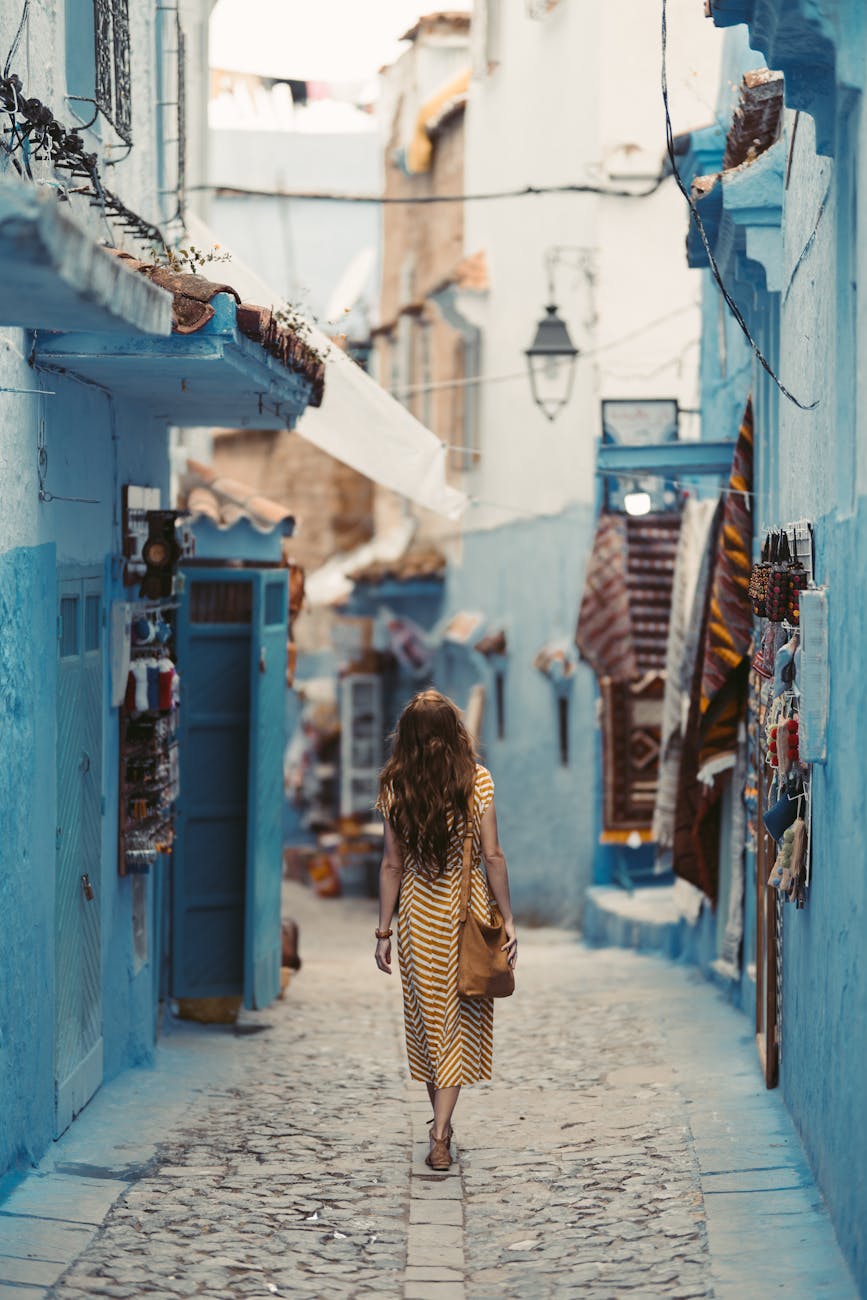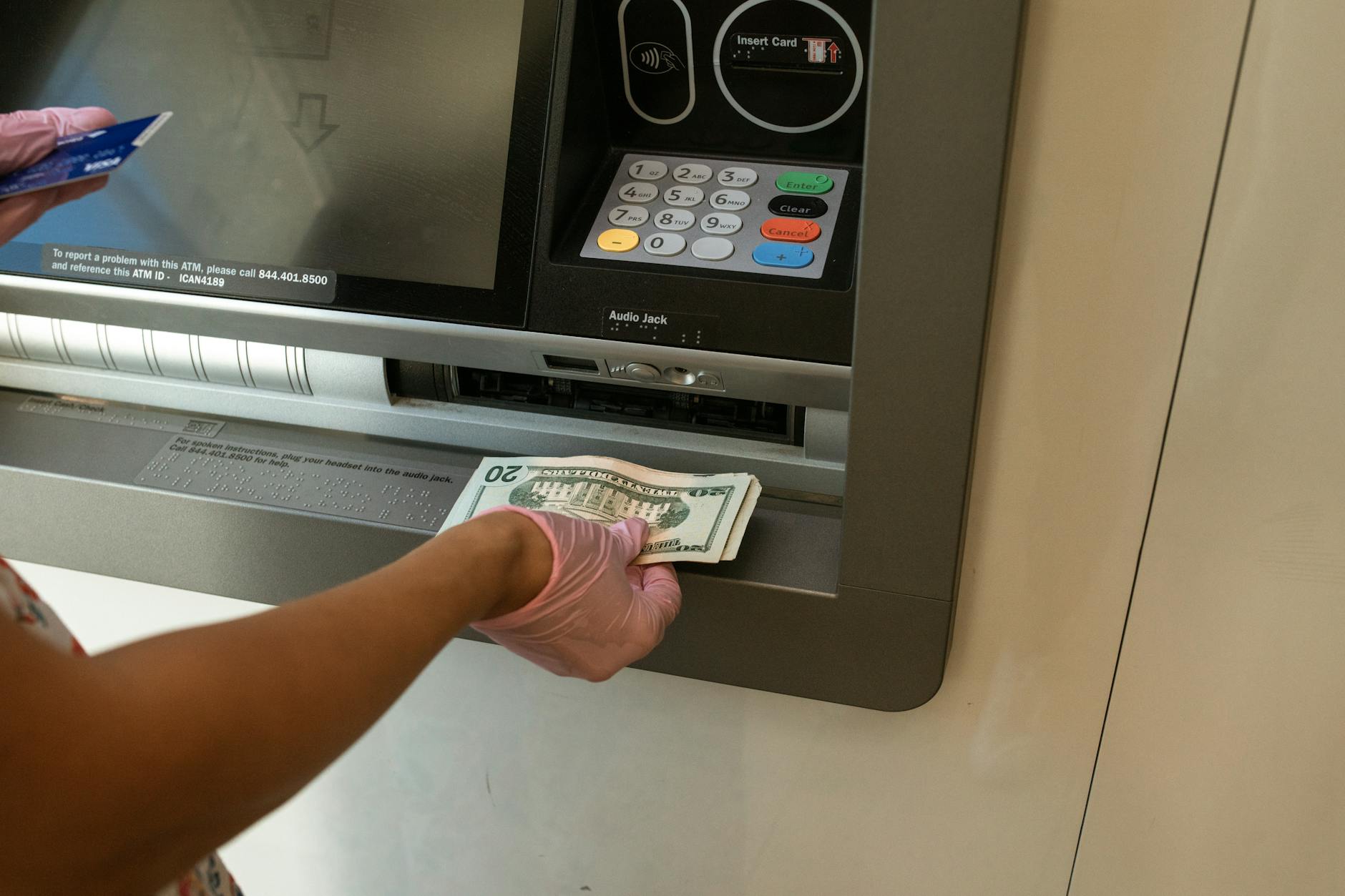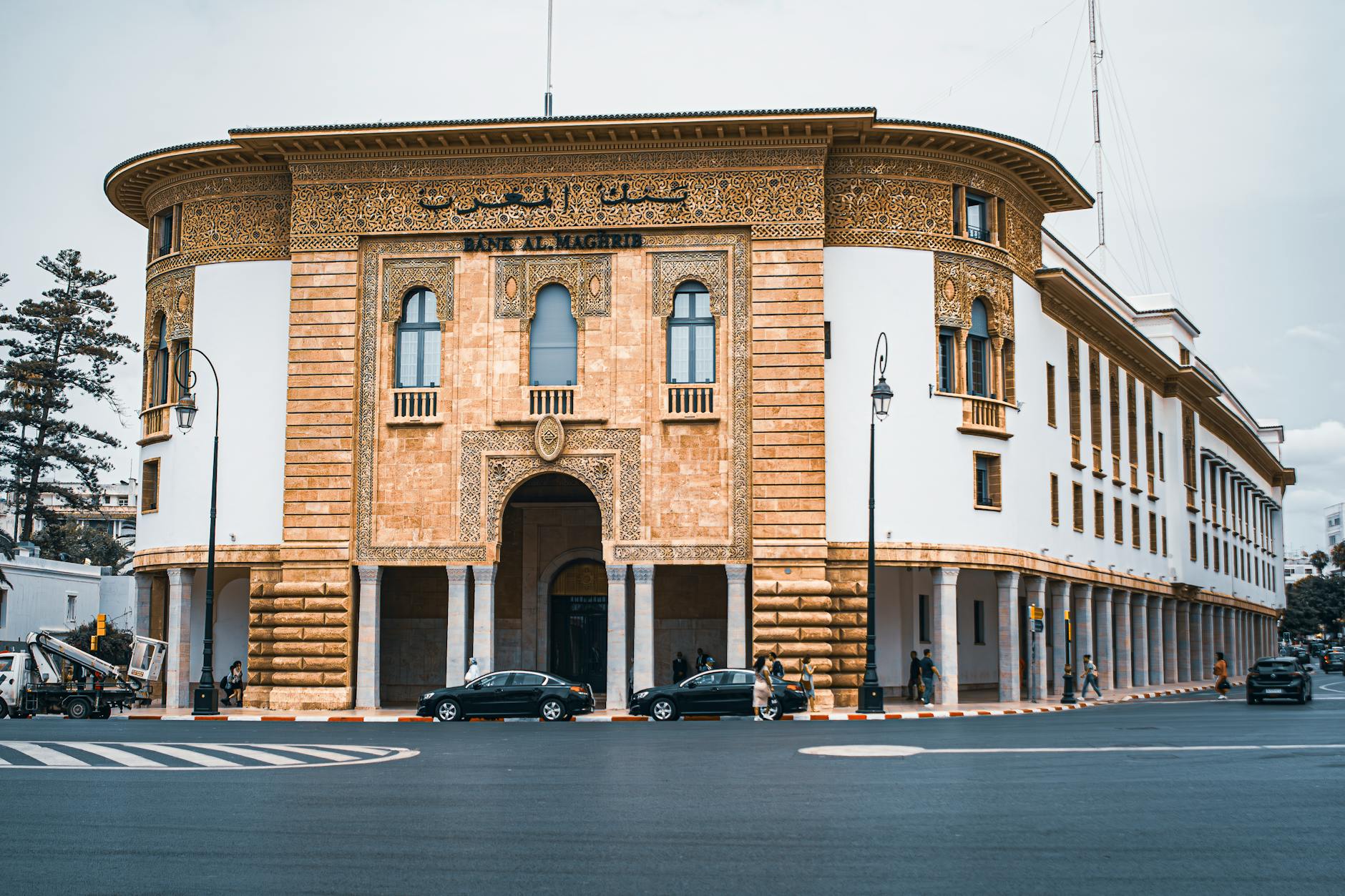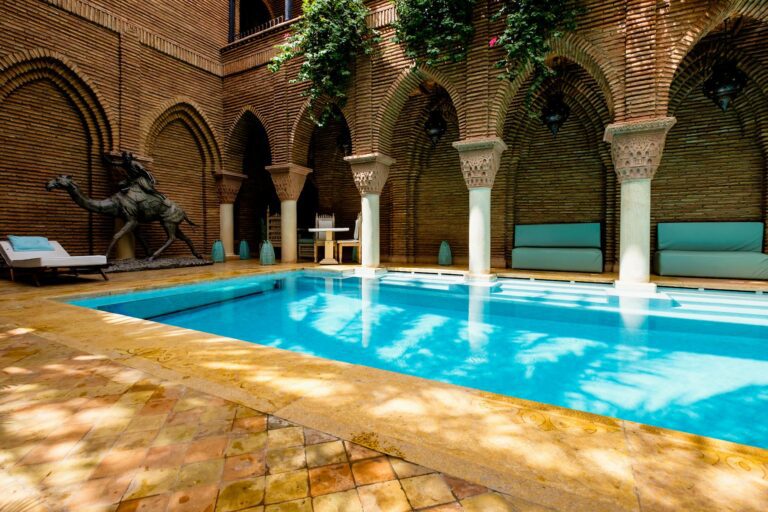Planning Your Moroccan Adventure

Can British travellers visit Morocco without a visa?
Money tips that UK travellers should know about before visiting Morocco. Jet-setting off on your long awaited holiday is one of the most exciting things. In order to ensure most things run smoothly, and you enjoy every minute of your time away, it’s important that you plan the necessary things you will need to know and do before you leave.
British travellers don’t require a visa when visiting Morocco for the first 90 days, but it is vital that when you enter the country that you check your passport has an entry stamp, as if it isn’t then this can cause difficulties when leaving the country.
Pre-travel health checklist: vaccination and healthcare services.
At least 8 weeks before you are because of travel, it’s a good idea to research any vaccinations you may need for your chosen destination, but don’t leave it too late as many vaccinations need to be administered several weeks prior to traveling.
Before you travel, also make sure that your destination has any healthcare services you may need during your stay, particularly if you are pregnant or have underlying health conditions.
Importance of financial preparation for travel

Exchange Rates and Currency
Research current exchange rates for GBP to Moroccan Dirham
Always check the exchange rates before booking a holiday, as they can change quite often. Currently, the GBP to Moroccan Dirham (MAD) £1 GBP is the equivalent of 12.79 MAD, and it is in your best interest to find a payment method that charges as little fees as possible.
When Travellers Visiting Morocco should exchange currency?
”When to exchange your money” can be a confusing subject, with pros and cons to both. Exchanging your spending money before you depart means that you’re not stuck when you arrive and your first job isn’t going to be to find a bank or currency exchange.
Exchange at least £100 per person to stay on the safe side
If you need transportation from the airport to your hotel, it can be stressful knowing you don’t have the correct currency, when after a long flight you’re probably looking forward to the travelling ending as soon as possible. Using a bank prior to travelling is going to always be better than using the airport currency exchange, and often you get better rates.
Using local ATM, especially Banque Populaire or Barid Bank are the cheapest option.

However, some people say that you should resist the urge to exchange your money until you have arrived in Morocco. You can certainly exchange and take a small amount with you on your flight for things like transportation, food and drinks when you reach your destination, but withdrawing the bulk of your money once you have arrived on holiday may be the cheapest option.
You must do your research, as it also depends on which country you are travelling from and to which will determine which option is going to benefit you the most. But definitely something to think about.
Budgeting and Expenses
Research average costs in Morocco for reference
Most things are a lot cheaper in Morocco than they are in the UK, so for UK Travellers visiting Morocco , it’s something to keep in mind when deciding how much spending money to take with you. For example, on average tourists spend around £13 a day on meals, £6 a day on local transportation, and just under £60 per night in hotels.
Of course, these prices can vary depending on your travel style, how many of you are travelling, and how many things you plan on buying/doing. The more sights you travel to see, the higher the daily price. But overall you will get much more for your money, allowing you to travel with less.
Keep track of expenses to avoid overspending
When you’re on holiday enjoying yourself, the last thing you want to be doing is budgeting your money or worrying that you can’t afford to buy something you really want. A really helpful tip when travelling abroad is to keep track of what you are spending and budget your money wisely.
It is so easy to overspend when you’re enjoying your holiday whether it’s on meals, gifts, drinks, sight seeing or general activities, and often then the currency differs from your own, it can be quite easy to lose track of how much you’ve spent and how much you have left to last you until the end of your trip.
Don’t get caught short, it doesn’t need to be a strict budget – but allow yourself to have fun whilst at the same time being sensible of your hard earned money.
Options for Payment Methods
Notify your bank and credit card companies of travel plans
Before you set off on your holidays, it’s really important that you call your bank or visit their website and speak to a staff member to let them know before visiting Morocco. They’ll often want to know the dates on which you are travelling, where you are going to, and if you plan to use your bank/credit card while you are there.
It is imperative that you give them the correct information as any use of your cards while abroad will notify the banks monitoring systems, and if you have not told them you are in another country, they will often block any transactions you are trying to make.
Card Usage In Morocco
Tips To Avoid Unnecessary fees for UK Travellers
Most cards allow you to spend your money whilst abroad but often will charge you for the privilege. Some debit cards will charge you every time you spend money using your card, regardless of the amount, and taking cash out at the ATM will often land you with additional fees.
However, the cheapest way to spend money while on your holidays is to get a specialist travel debit/credit card due to it giving the closest exchange rates worldwide.
You should always check before travelling, if your card charges foreign transaction fees to save yourself a nasty shock when you’re on holiday. You can follow some tips to avoid additional fees and unexpected extras.
Carry a mixture of cards and cash for flexibility
Carrying a mixture of cash and cards is a good idea when visiting Morocco, so that you’re not relying solely on one form of payment. It’s also a good idea to avoid carrying a large amount of cash and all your cards at the same time. The safer is to just take with you what you feel you will need for the activity, whilst keeping the rest back at your hotel somewhere safe.
ATMs availability in Morocco
You can use most of the major credit card providers in the larger towns of Morocco, and UK Travellers will find cashpoints (ATMs) spread out in the cities and major towns. There is not a limit on the amount of money you bring into the country. However, before you arrive, you should research if there are any restrictions on exchanging your banknotes. Traveller’s cheques can also be difficult to exchange.
Since the Moroccan Dirham (MAD) is a closed currency, individuals can legally trade it only within Morocco, and they can import or export a maximum of 2,000 Moroccan Dirham to or from Morocco.
Is Morocco safe for British travellers
Morocco is a very touristic destination and is known for its safety, welcoming, and friendly people, but that doesn’t mean you have to just leave your belonging and careless about your valuable things.
Avoid carrying large amounts of cash
A common tip when travelling abroad is to not carry large amounts of money with you at one time. But it’s probably fair to say that most of us would feel uncomfortable carrying lots of money around in our pocket whether we are in a foreign country or in our own home town. Be sensible of your money, and just take what you need for that specific activity or outing.
Multi-payment methods
Ensure you have more than one way to pay for things in case the worst should happen, and you lose your card or cash. The best advice is to just take what you require and a bit of spending money while leaving the rest at the hotel somewhere safe. That way, there’s no chance you will be in a sticky situation if things go missing.
Keep valuables secure and be cautious in crowded areas
Most of us carry a phone with us when we are out and about, in order to keep in contact with people or take photos when on holiday. It’s really wise to ensure that you keep your belongings safe when you are exploring, and you can accomplish this by using a bag, an inside pocket, or any other method that makes it difficult for others to take them.
Be aware in crowded areas
Like anywhere you need to be careful in crowded areas where it’s busy, and you’re walking by lots of people in a smaller area, as this is the ideal situation for someone to snatch something if it is on show. Store your belongings in a bag with a zipper and make sure to keep it close to you so you can feel if anyone attempts to unzip it.
Make sure to keep wallets and phones in pockets where they are not visible, and when using an ATM, be discreet and ensure that nobody is standing too close.
Consider travel insurance for added protection
One of the best decisions you can make when booking a holiday is ensuring you always pay for travel insurance. Hopefully, only a few of us will ever have to rely on it, but having it there anyway gives you peace of mind and can really help in unpredictable situations.
Travel Insurance
So many companies offer travel insurance nowadays, so make sure you do your research and find the best deal that suits your needs and covers the things you want covered. Things such as medical emergencies, stolen luggage, lost passports and cancelled flights to name a few – all of which have the potential to spoil your holiday if you don’t have travel insurance to fix the problem.
Every travel insurance provider offers 24/7 support, so if you ever get stuck or lose something along the way, you know that you are covered and it doesn’t have to spoil your well-deserved holiday.
Conclusion
There are many things to consider when planning a trip to Morocco, most of which are aimed at ensuring you have a relaxing and stress-free holiday. It’s so important to do your research before you commit to travelling and it will give you peace of mind if you have all the information to hand when you depart.
Find out when and where would be the best place to exchange your currency and always remember to let your bank know that you’re visiting another country.
Be aware of your surroundings if you are carrying money and keep track of your spending to avoid any surprises and overspending. And probably the most important tip of all – find the most suited travel insurance for your holiday, which covers the services you will potentially (but hopefully not) need.
